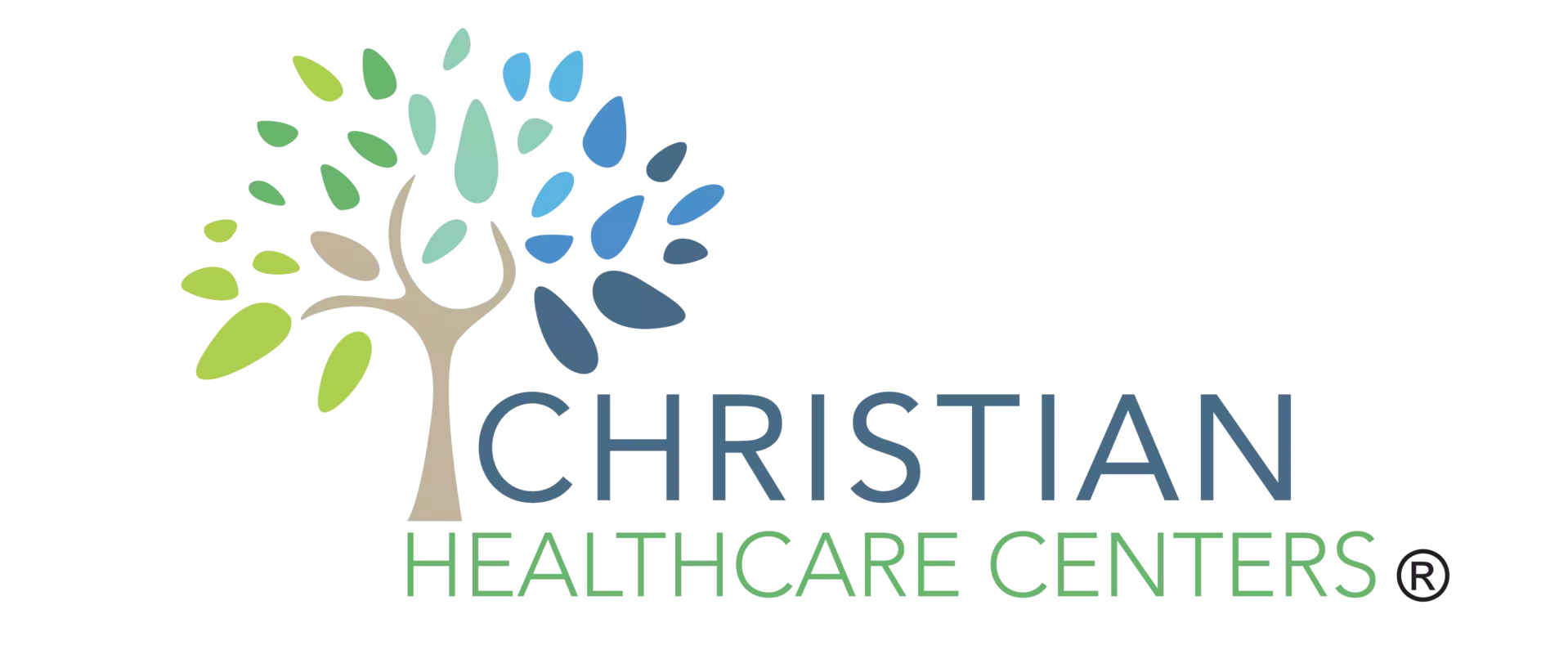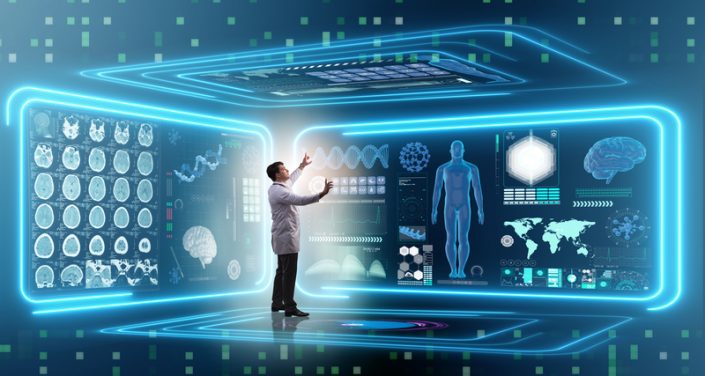Constant advances in technology have made life so much better, and medical treatments are no exception. Technology has changed so many aspects of medicine, but here are a few that you may not have thought of.
Remote Patient Monitoring
In the past, you had to go to the doctor every time you had a problem, and you may not get in right away, especially if the doctor is really busy. Now, you don’t have to wait for an appointment. Many healthcare providers are offering remote monitoring to help with problems and questions. You can video chat with a doctor and either get the problem solved or know that you do actually need to come in. This saves a lot of time and money.
If you struggle with a chronic disease, you can also have greater mobility in your life. Diseases such as diabetes, hypertension, and cardiovascular complications require regular monitoring. Some addiction recovery treatments also rely on regular check-ins to help increase sobriety and accountability. Through innovation, notably sensors, wearable gadgets, and trackers, you and your doctor can monitor your condition without requiring long stays in a facility.
Revolution of Medical and Surgical Procedures
The starting point of any diagnosis relies heavily on proper medical imaging. X-rays, scans, and MRIs have become more precise and higher quality, allowing your doctor to pinpoint your issues more precisely. Instead of weeks for results, you can often get answers during the same appointment or within a few days.
Laparoscopy and nanotechnology are just a few of the technological advances that are defining modern surgery. The developments allow doctors and surgeons to target specific areas without affecting other areas of your body, decreasing the recovery time you need. Many surgeries can be completed through microscopic openings in your body, which also reduces the chance of infection and scarring.
Better Communication
Every health record today goes to a database, which makes it possible for physicians to diagnose and treat patients accurately, regardless of where you are. You don’t have to carry your health history around and you don’t have to worry about what to do in the case of an accident while traveling. This is also helpful if you change doctors and need to transfer treatment records. It has also improved the ability to diagnosis conditions and reduced errors based on miscommunication.
Conclusion
Technology has given medicine unlimited possibilities, and it isn’t stopping any time soon. Every year there are advances in curing diseases that were previously thought to be incurable and improving the quality of life for everyone. These advances are a huge blessing to everyone.
Resources:


